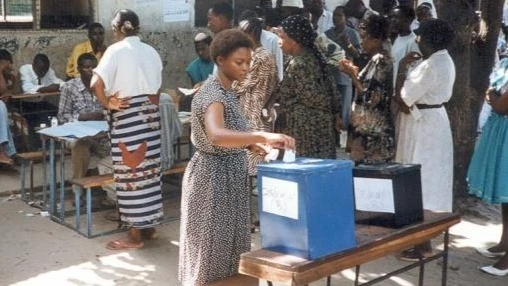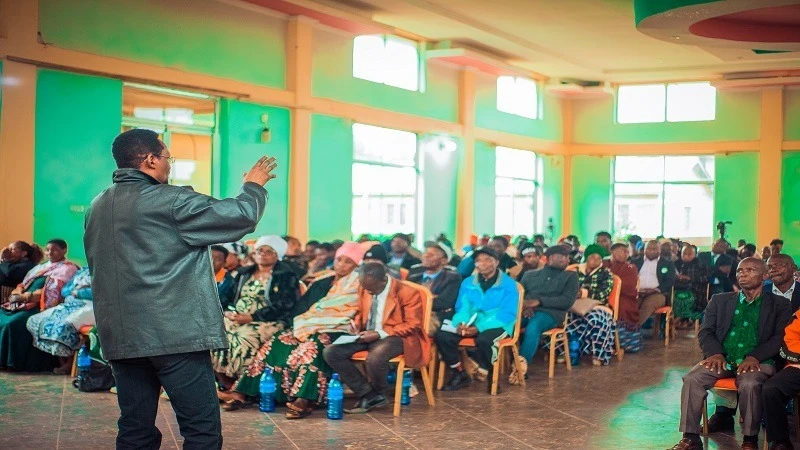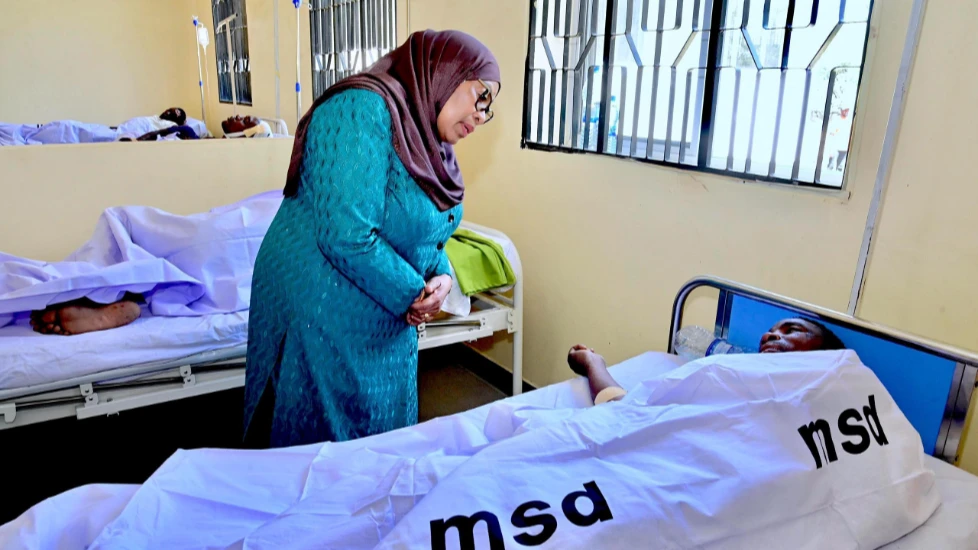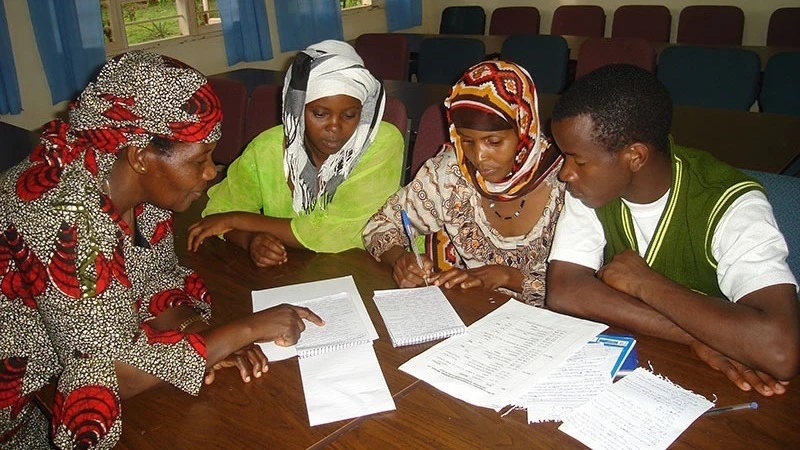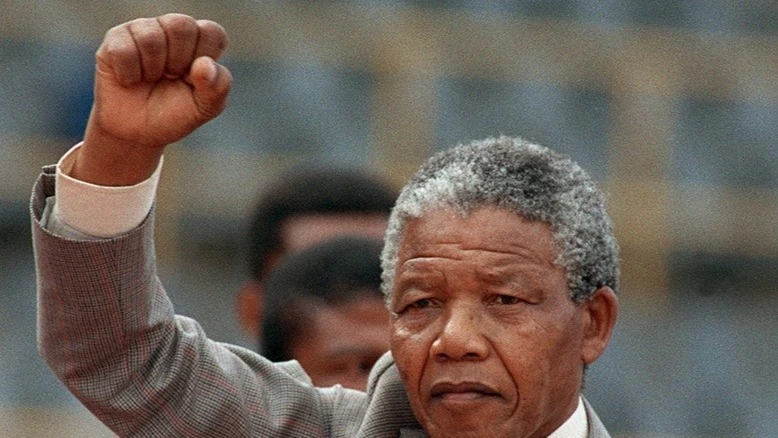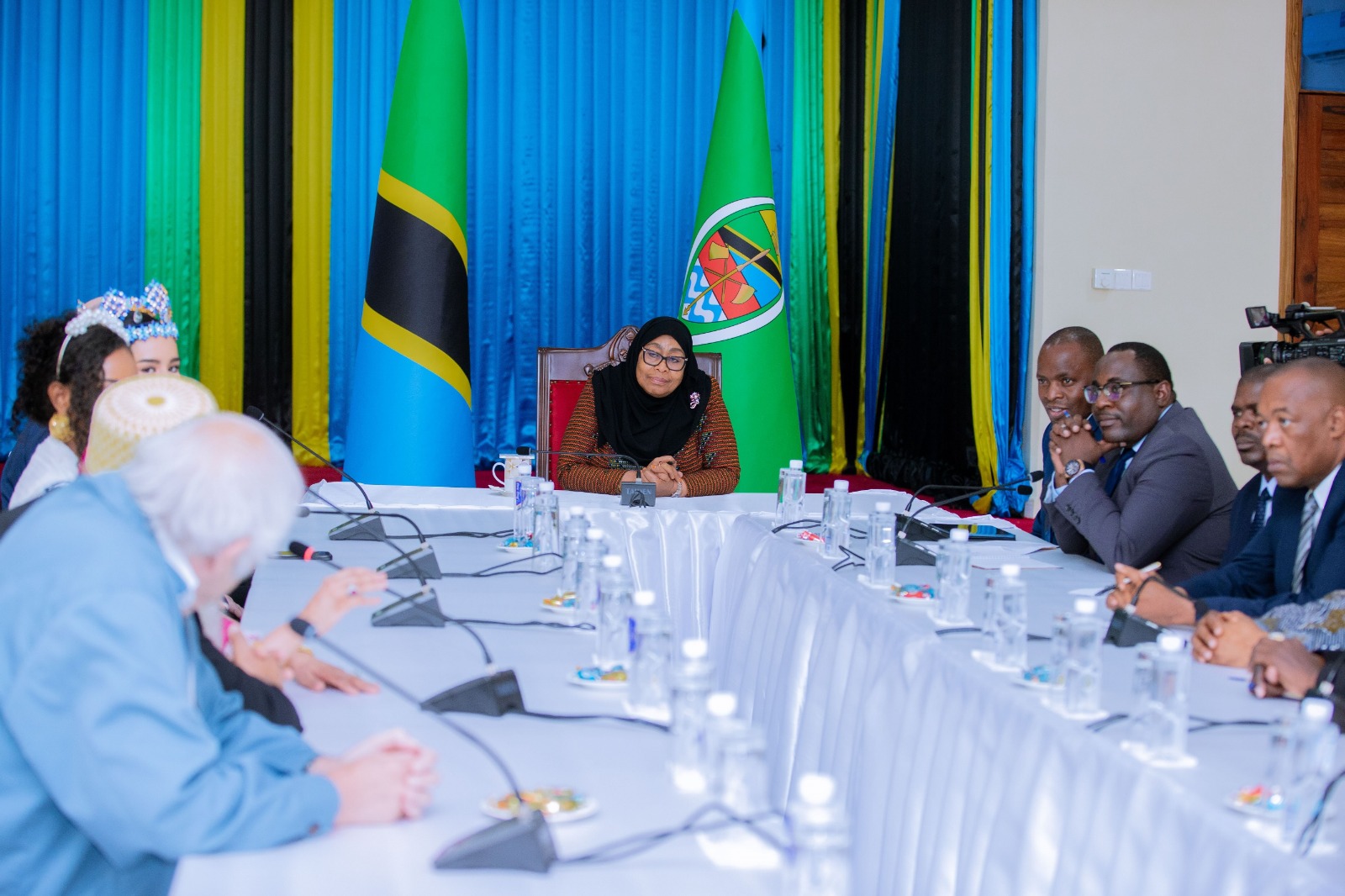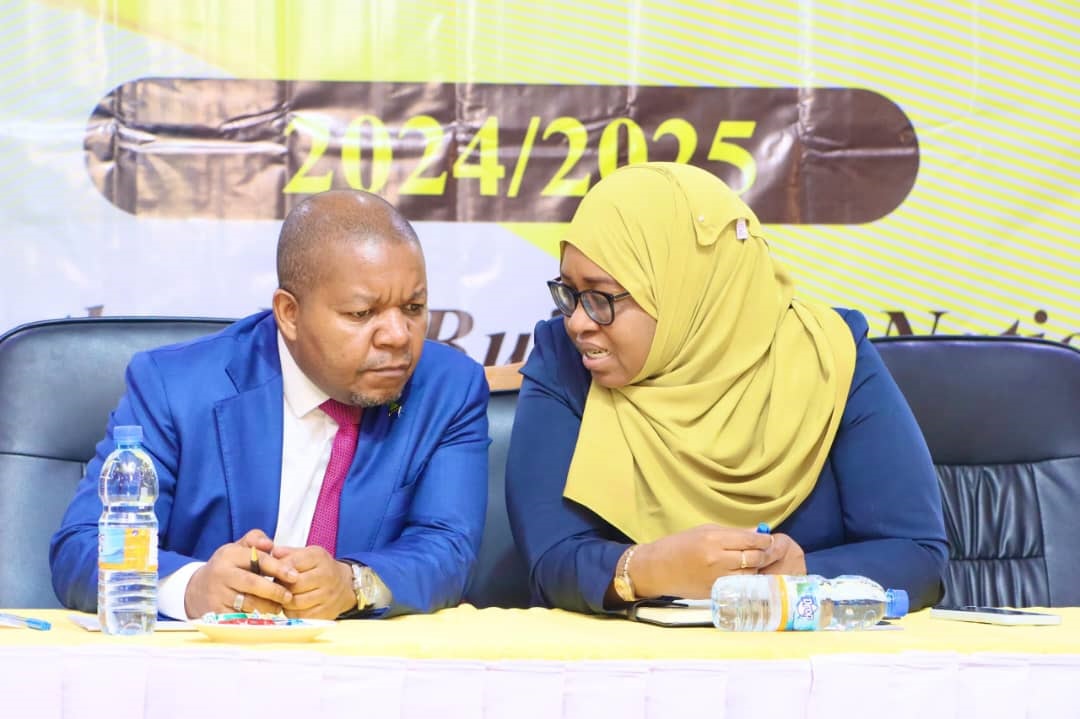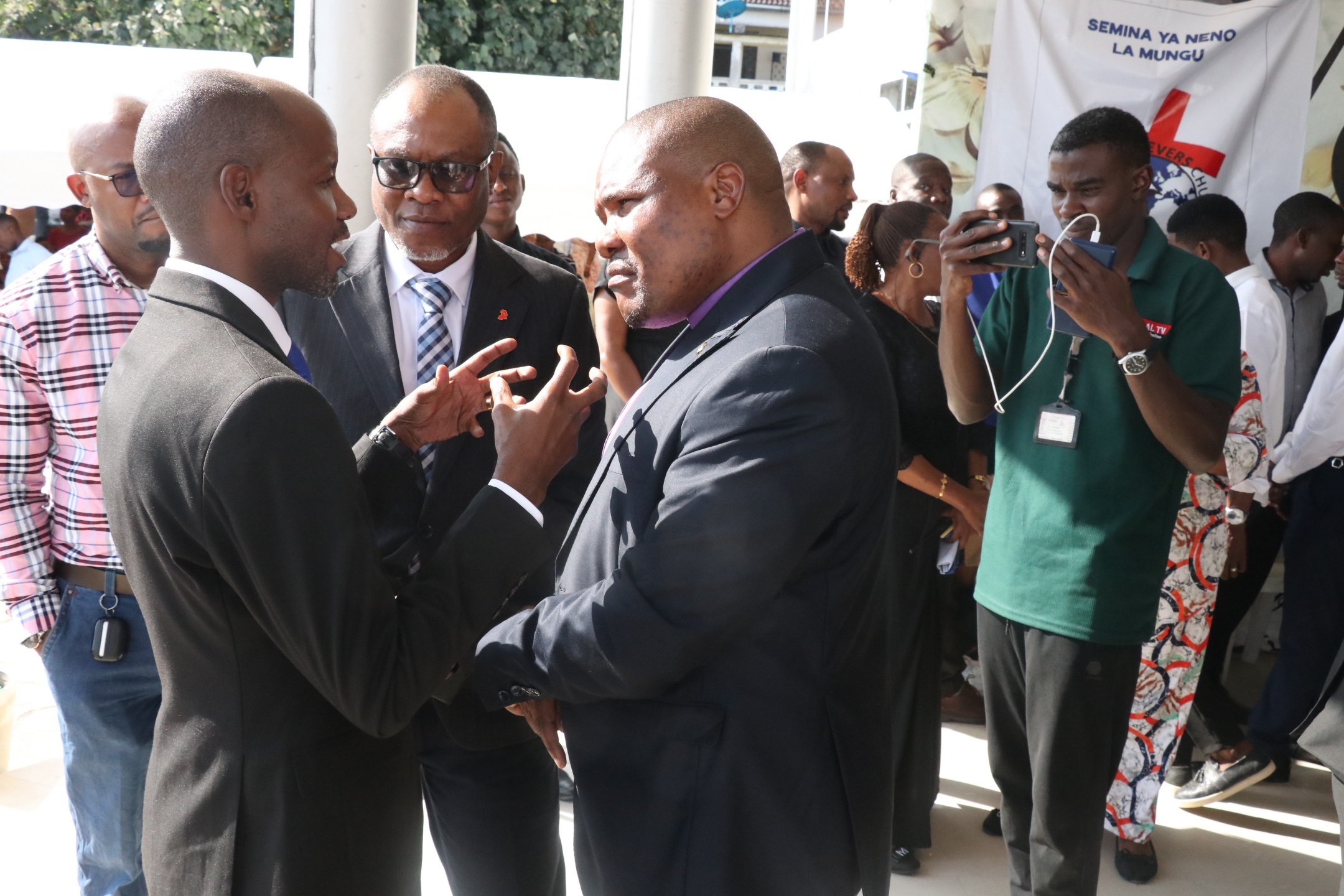‘Identity theft, misuse of data quite alarming’

THE Personal Data Protection Commission (PDPC) is raising alarm over increasing cases of identity theft and data misuse.
Emmanuel Mkilia, the PDPC director general, made this observation at the weekend at a one day training session for media executives, communication officers and journalists attending a workshop on data protection and individual privacy.
Urging media practitioners to be responsible stewards of personal privacy in the information age, as the country deepens its shift into a digital economy.
He described personal privacy as a basic human right, demanding that journalists and media houses take up their responsibilities in protecting that right in a rapidly digitising world.
“Privacy is a form of dignity. In today’s digital age, personal data is exposed to serious threats including identity theft, financial fraud and even social stigma. These dangers demand responsible handling of information by everyone, especially the media,” he declared.
He said the media has a dual role—both as guardians of press freedom and as defenders of individual rights—particularly when it comes to handling sensitive personal data.
“Media professionals must understand the boundaries when reporting personal information. The 2022 Personal Data Protection Act clearly outlines legal expectations. Any misuse, intentional or not, can result in serious consequences,” he reminded the media professionals.
With the widespread use of social media and digital platforms, the rate at which data spreads has grown exponentially, creating a minefield of ethical and legal dilemmas for journalists, he stated.
The law also addresses cybercrimes involving misuse of data, which can include publishing private content without consent, hacking or using personal details for fraudulent purposes, the director explained.
Dr Khalid Salum Mohammed, the Infrastructure, Communications and Transport minister for Zanzibar who opened the session, assured the media groups that the government is committed to upholding digital rights.
It seeks to ensure that journalists are well-informed about the ethical and legal parameters of their work. “As technology grows, so does the speed at which information travels. We must ensure that in our reporting, we protect individual dignity and comply with the relevant legislation,” he emphasized.
He pointed at the importance of the media in promoting public understanding of data privacy and the risks associated with cyber abuse. This includes unauthorised sharing of medical records, identity fraud and online harassment, he stated.
Participants of the training expressed readiness to take up those observations as part of guiding aspects in their work, urging the government to expand the training to other professional groups.
Abdalla Abdulrahman Mfaume, the Zanzibar Press Club chairman, stressed that medical professionals need to put this kind of training, as some healthcare workers unknowingly disclose patient information, violating both ethical codes and legal provisions.
“People working in health, education and the public service need this exposure. Some are unaware that sharing personal details—even casually—can be a criminal offence under the law,” he added.
Top Headlines
© 2025 IPPMEDIA.COM. ALL RIGHTS RESERVED











